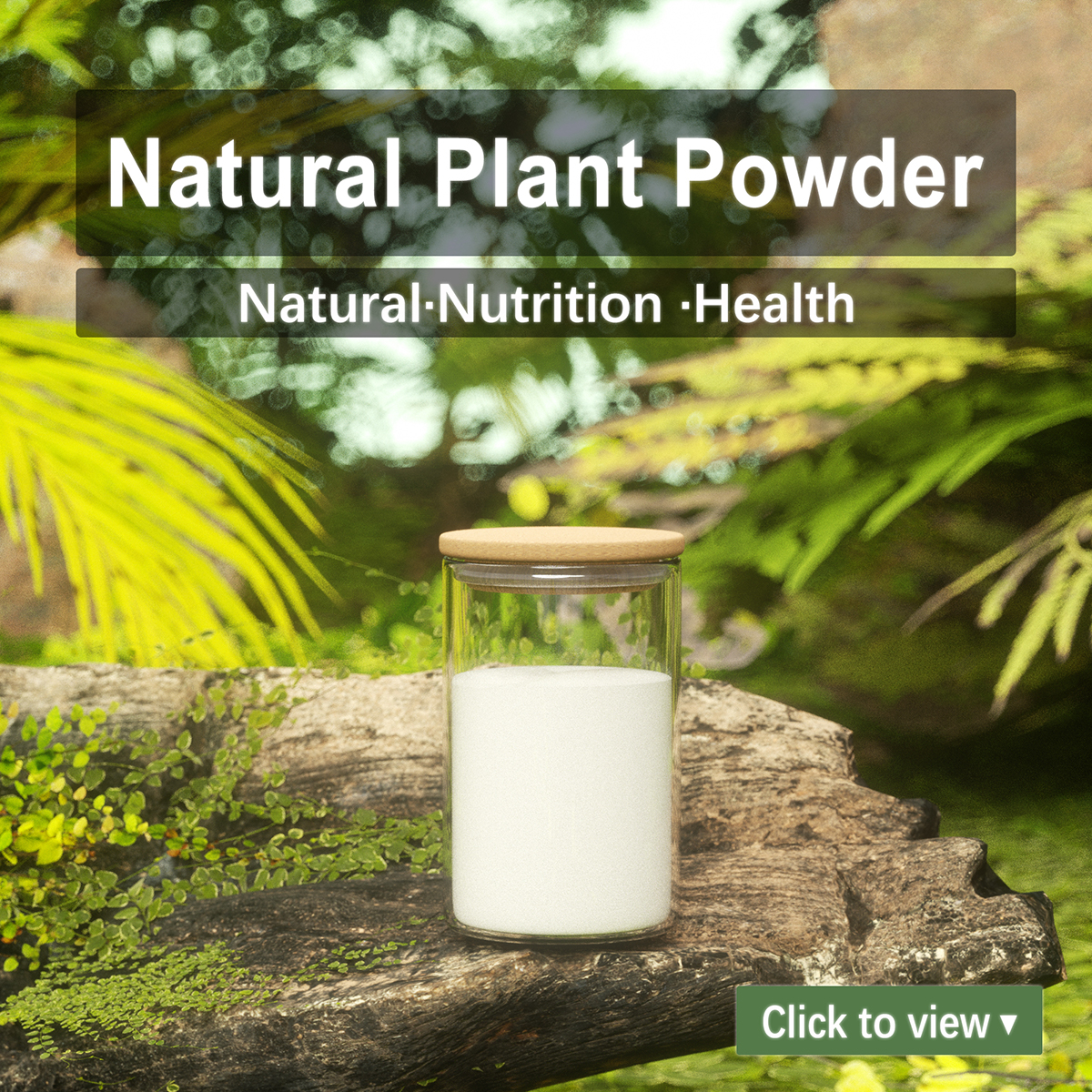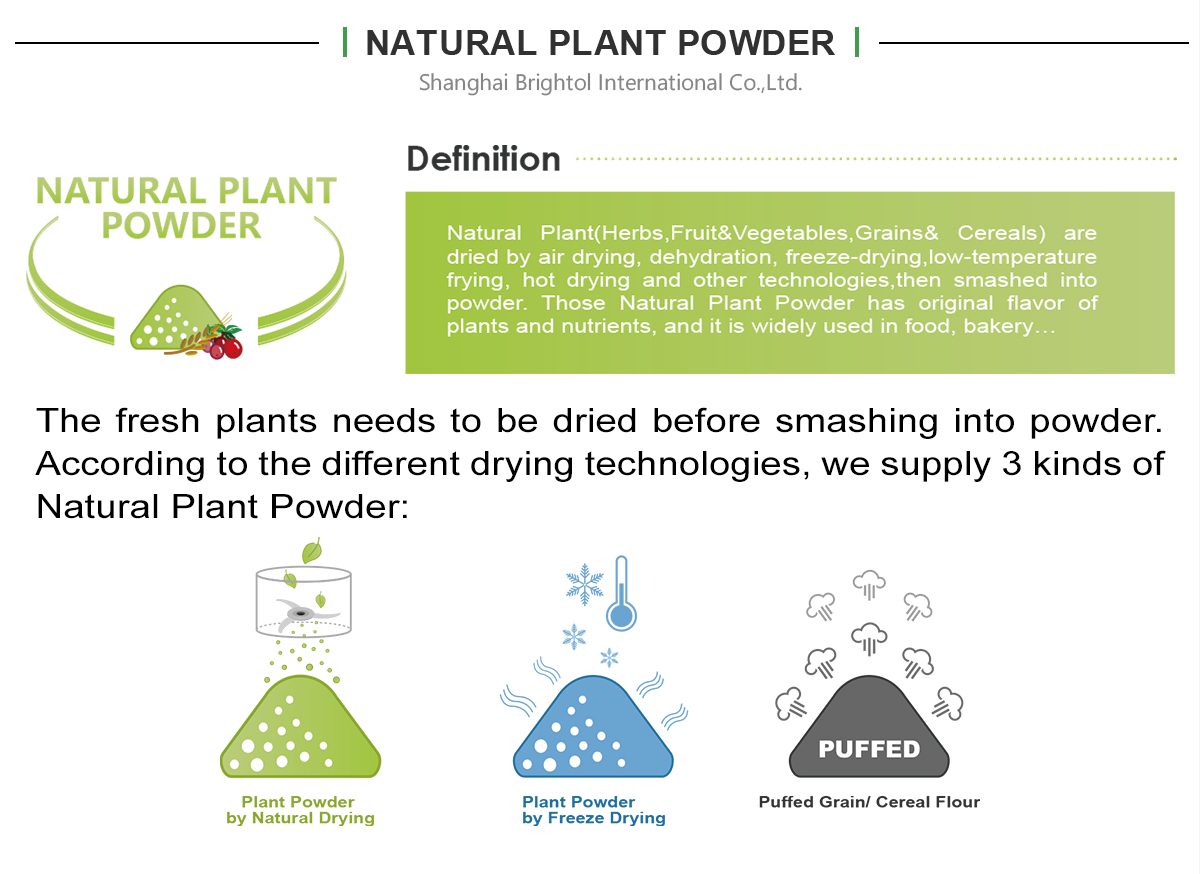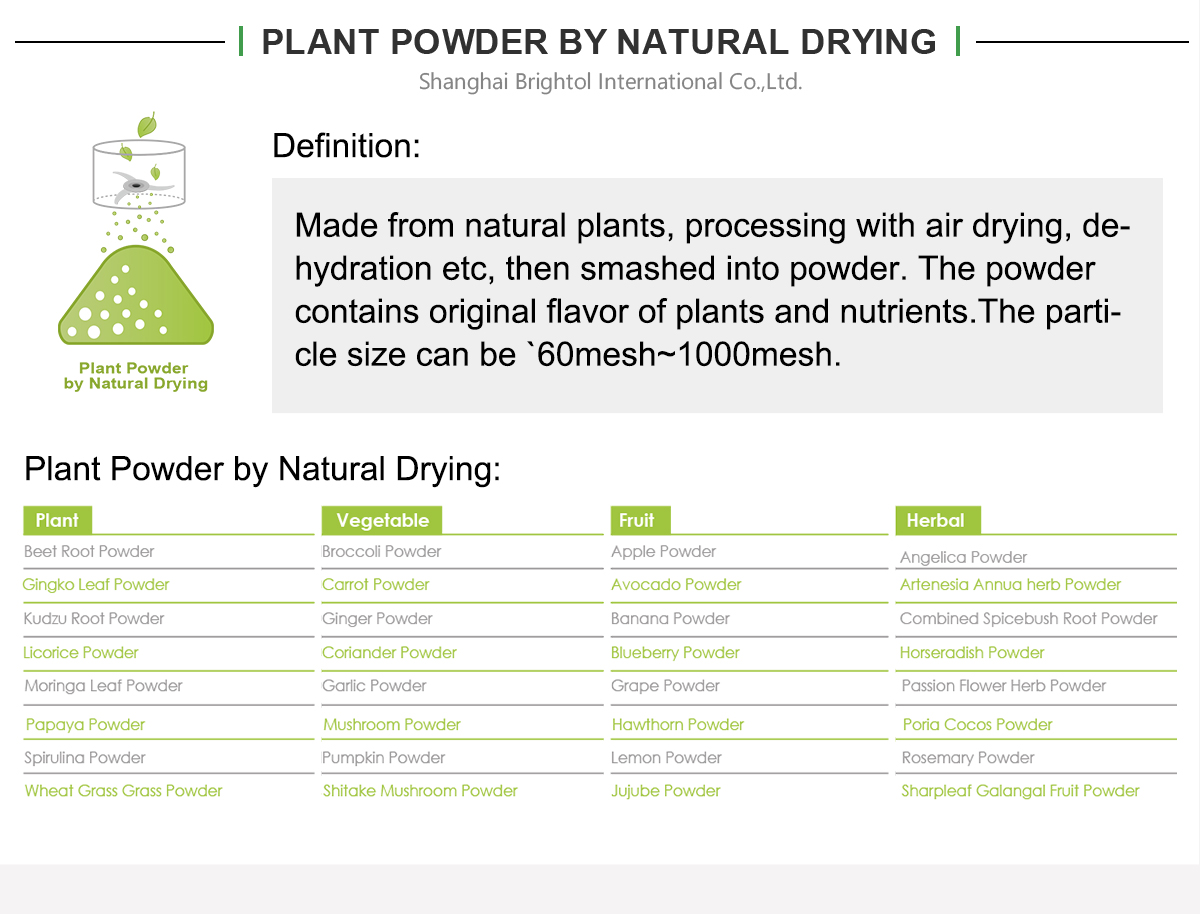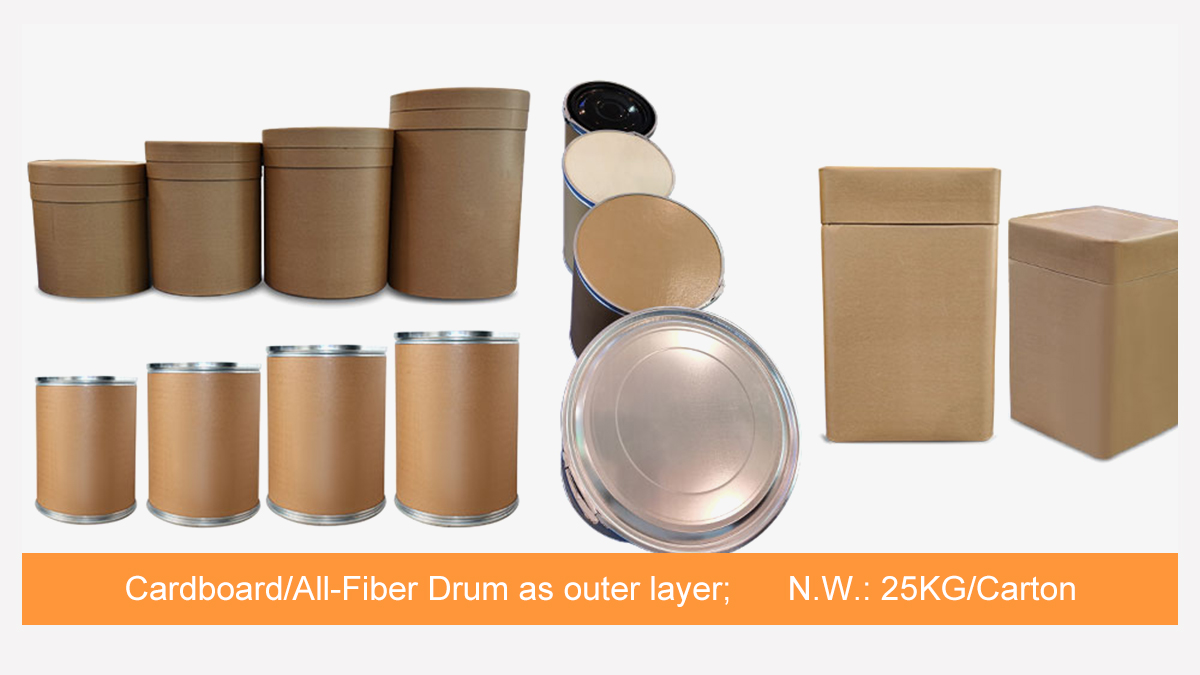

Description
Spirulina is one of the earliest forms of life on this planet, originating over 3.6 billion years ago. The organism’s name comes from its spiral shape. It is a type of cyanobacteria, which is part of the blue-green microalgae family, or single-celled microbes. They are more like bacteria than algae and classified as cyanobacteria. Chlorella is another example of blue-green algae.
They are similar to plants—although less complex—in that cyanobacteria produce energy via photosynthesis using sunlight, chlorophyll (green pigment) and phycobilin (blue pigment). Researchers initially classified spirulina as a plant, but then declared it part of the bacteria kingdom.
Spirulina is a type of blue-green algae that contains a number of nutrients, including B vitamins, beta-carotene, and vitamin E. Spirulina also contains antioxidants, minerals, chlorophyll, and phycocyanobilin and is commonly used as a source of vegan protein.

 Description
Description
Spirulina is one of the earliest forms of life on this planet, originating over 3.6 billion years ago. The organism’s name comes from its spiral shape. It is a type of cyanobacteria, which is part of the blue-green microalgae family, or single-celled microbes. They are more like bacteria than algae and classified as cyanobacteria. Chlorella is another example of blue-green algae.
They are similar to plants—although less complex—in that cyanobacteria produce energy via photosynthesis using sunlight, chlorophyll (green pigment) and phycobilin (blue pigment). Researchers initially classified spirulina as a plant, but then declared it part of the bacteria kingdom.
Spirulina is a type of blue-green algae that contains a number of nutrients, including B vitamins, beta-carotene, and vitamin E. Spirulina also contains antioxidants, minerals, chlorophyll, and phycocyanobilin and is commonly used as a source of vegan protein.
Health Benefits
Among proponents, spirulina has been used to support a number of health conditions, including fatigue, high cholesterol, high triglycerides, and viral infections.
Purported spirulina benefits also include weight loss, increased energy, and stimulation of the immune system.
1. High Cholesterol
2. Allergies
3. Diabetes
4. Oral Cancer









